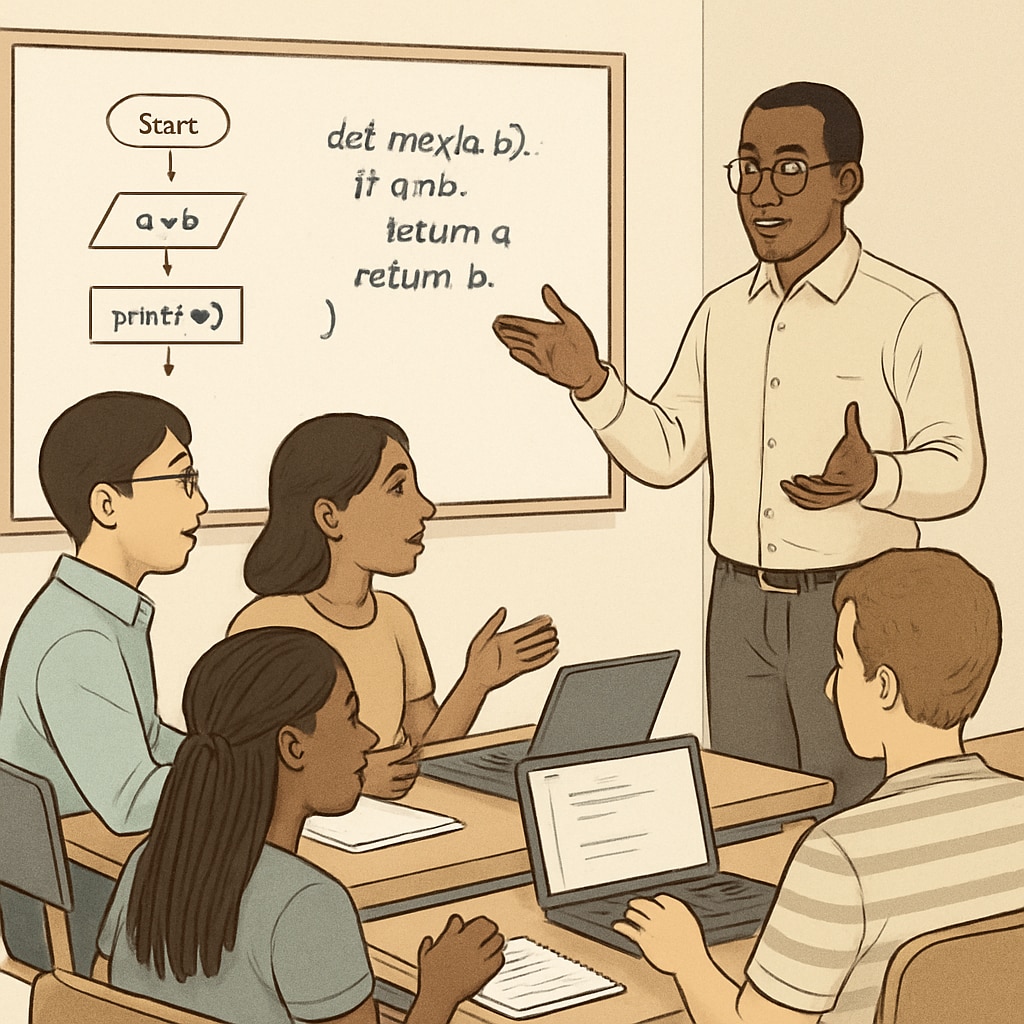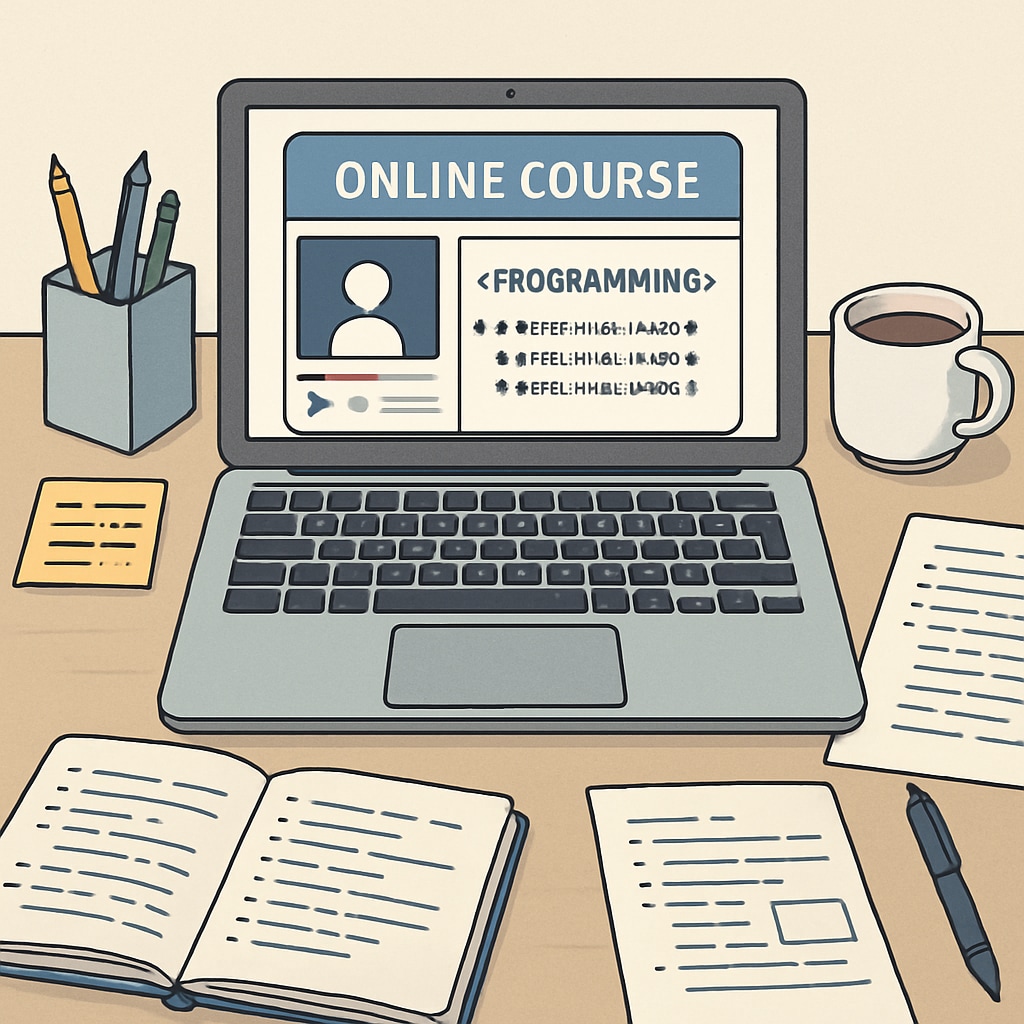In today’s rapidly evolving world, the importance of education cannot be overstated. But what about adults who have surpassed the traditional schooling age? Should they consider returning to formal school education, especially in light of modern needs like programming skills? This article dives into the value of formal education for adults, its challenges, and alternative learning avenues to help individuals make informed decisions about their educational journey.
The Unique Value of Formal Education for Adults
Formal education offers a structured curriculum, access to qualified teachers, and an environment designed to foster discipline and collaboration. For adults, this can be particularly beneficial as it provides a clear path toward achieving specific goals, such as earning a degree or acquiring a new skill set.
For example, adults interested in programming may find that enrolling in a formal computer science program provides not only technical knowledge but also opportunities to network with peers and gain insights from industry professionals. Additionally, formal education often confers credentials that are recognized by employers, giving learners a competitive edge in the job market.

Challenges Adults Face in Pursuing Formal Education
Despite its many advantages, formal education is not without its challenges, especially for adults. Time constraints are one major hurdle; balancing work, family responsibilities, and studies can be overwhelming. Financial concerns also play a significant role, as tuition costs can be prohibitive for those who are already managing other expenses.
Moreover, the rigidity of formal education systems may not suit everyone. Adults often have different learning styles and experiences compared to younger students, which can make traditional classroom settings feel limiting. In such cases, self-paced online courses or alternative learning platforms may offer a better fit.
Non-Traditional Learning Paths: A Flexible Alternative
For those who find formal education impractical, non-traditional learning paths provide a viable alternative. Online platforms like Coursera, edX, and Udemy offer courses in various fields, including programming, allowing learners to acquire skills at their own pace. These platforms often provide certification options, making the knowledge gained tangible and applicable in professional settings.
Additionally, coding bootcamps have emerged as a popular choice for adults looking to break into the tech industry. These intensive, short-term programs focus on practical skills, often leading to job placement opportunities. While they may lack the breadth of a traditional degree program, they offer a faster and more cost-effective way to gain expertise.

Making the Right Choice for Lifelong Learning
Ultimately, the decision to pursue formal education or an alternative learning path depends on individual circumstances. Here are some factors to consider:
- Goals: Are you aiming for a specific degree or certification, or do you simply want to acquire a skill?
- Resources: Do you have the time and financial means to commit to formal education?
- Learning Style: Do you thrive in structured environments, or do you prefer self-guided learning?
By evaluating these factors, adults can choose the path that best aligns with their personal and professional aspirations.
In conclusion, while formal education offers undeniable benefits, it is not the only route to success. Alternative learning paths, such as online courses and bootcamps, provide flexibility and accessibility for adults who wish to continue their education. Whether you’re exploring school education, considering your age, or diving into programming studies, the key is to remain committed to lifelong learning and personal growth.


